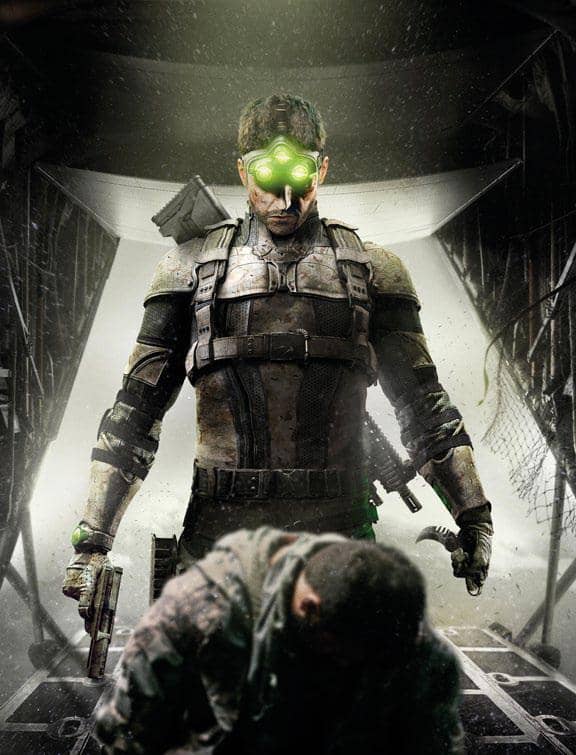Denemek ALTIN - Özgür
SPLINTER FACTION
PC Gamer US Edition
|June 2022
UBISOFT TORONTO is still fighting to build a reputation it can be proud of

It is the blessing and the curse of the younger sibling. On the one hand, the benefit of walking on ground already broken by the elder child, pre-flattened for ease of passage. On the other, the identity-smothering disappointment of the hand-me-down.
Ubisoft Toronto was built in the shadow of the publisher’s flagship studio in Montreal—an enormous ideas factory responsible for Splinter Cell, Prince of Persia, and Assassin’s Creed, the very foundations of the Ubi empire. Montreal’s brightest lights were sent to Ontario’s capital to establish the new outpost: Producer extraordinaire Jade Raymond, who has since specialized in manifesting AAA studios, and the creative director Maxime Béland.
The latter brought with him a blueprint for what was, back in 2010, a shockingly modern take on the stealth game. At Ubi Montreal, Béland had led development on Splinter Cell: Conviction, a series reboot that had applied his experience with Rainbow Six: Vegas, a cover shooter, to espionage. The result was a game that played with light and shadow, but paradoxically hinged on a move called ‘mark and execute’—which saw Sam Fisher plug enemies in slo-mo as if they were melons lined up on a plank of wood. Conviction was acclaimed but controversial—a wobbly and dangerous jumping off point for a new studio.
Yet in making its follow-up, Ubi Toronto proved a talent for consolidation. Splinter Cell: Blacklist neither reversed Conviction’s bold changes, nor doubled down on its aggression at the expense of other approaches. Instead, it folded in the tools of traditional Splinter Cell
Bu hikaye PC Gamer US Edition dergisinin June 2022 baskısından alınmıştır.
Binlerce özenle seçilmiş premium hikayeye ve 9.000'den fazla dergi ve gazeteye erişmek için Magzter GOLD'a abone olun.
Zaten abone misiniz? Oturum aç
PC Gamer US Edition'den DAHA FAZLA HİKAYE

PC Gamer US Edition
PREY
One of the most creatively ambitious FPS games of all time.
7 mins
January 2026

PC Gamer US Edition
"Makes me feel more like I'm lost in Holmes' mind palace"
Felt delightfully cosy and smug while playing SHERLOCK HOLMES: THE AWAKENED
2 mins
January 2026

PC Gamer US Edition
"I'm dripping with gore"
SILENT HILL F is, so far, a violent treat
1 mins
January 2026

PC Gamer US Edition
RELOOTED
Robbing the robbed back from those who robbed it
2 mins
January 2026

PC Gamer US Edition
UP TO SCRATCH
SCRATCH AND REVEAL challenges perceptions of gender
1 min
January 2026

PC Gamer US Edition
PEAK
Climbing with your friends just got more stressful.
3 mins
January 2026

PC Gamer US Edition
SCHOOL DAZE
Revisiting the school of hard knocks in BULLY
2 mins
January 2026

PC Gamer US Edition
GET STARTED IN BATTLEFIELD 6
Load up on guns and bring your friends.
2 mins
January 2026

PC Gamer US Edition
THE ETHICS OF EATING FLESH, A QUEASY QUEST IN DREAD DELUSION
Plenty of RPGs bang on about choice and consequence—this delivers.
3 mins
January 2026

PC Gamer US Edition
THE ART OF ILLUSION IN THE ELDER SCROLLS IV: OBLIVION REMASTERED
You just can't get the staff: Crispin the Preposterous's grand finale
7 mins
January 2026
Translate
Change font size
